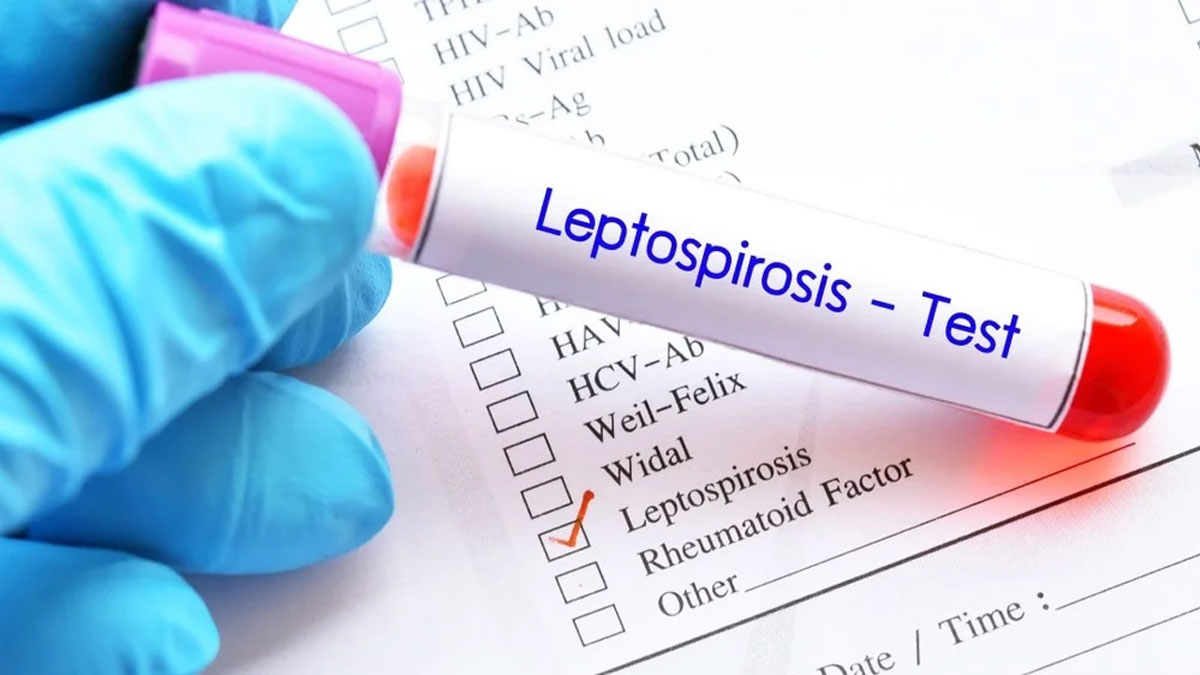
There are currently 36 confirmed cases of leptospirosis in Kadavu, with 40 percent of those cases being children under the age of 18 and 17 percent being children under the age of 9.
The Health Ministry says a response team has been assisting Sub-Divisional Medical Officer Kadavu and her team for the past two weeks while conducting awareness campaigns on rat control in 20 communities affected by leptospirosis.
They say additionally, 870 rat baits have been distributed to households to help control the rat population on the island.
Infection with leptospirosis can occur through direct or indirect contact with contaminated urine or water.
The bacteria can enter the human body through cuts and abrasions on the skin or through mucous membranes such as the eyes, mouth, and nose.
Symptoms of leptospirosis in children include high fever, headache, joint pain, red eyes, rashes, sore throat, vomiting, and bleeding.
If left untreated, the disease can lead to serious complications such as kidney damage, liver damage, and bleeding in the lungs.
To reduce the risk of infection, individuals should take precautions such as avoiding contact with potentially contaminated water or soil, washing hands after handling animals or animal products, covering cuts and grazes with waterproof plasters, and wearing protective clothing when working in plantations or with animals.
The Ministry says rat control is also vital for preventing the spread of leptospirosis.
They add this can be achieved through measures such as sealing entry points to prevent rats from entering buildings, keeping food in tightly sealed containers, repairing leaky pipes to eliminate sources of water, and using traps or poisons to remove existing rat populations.
Stay tuned for the latest news on our radio stations

